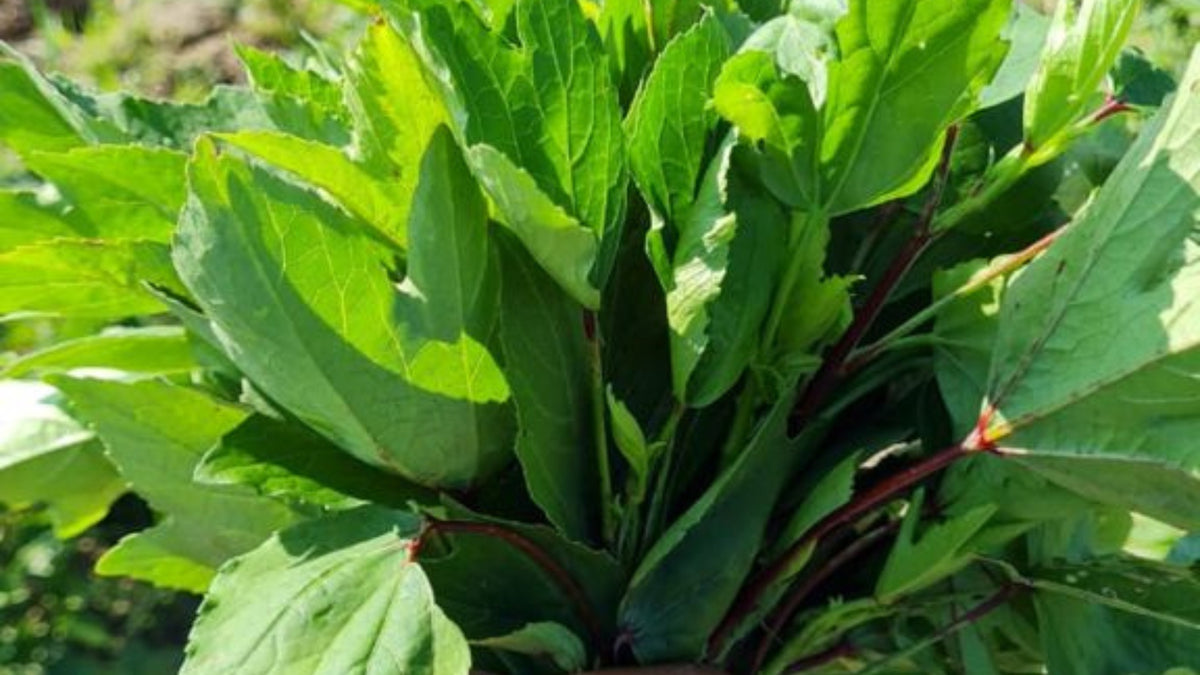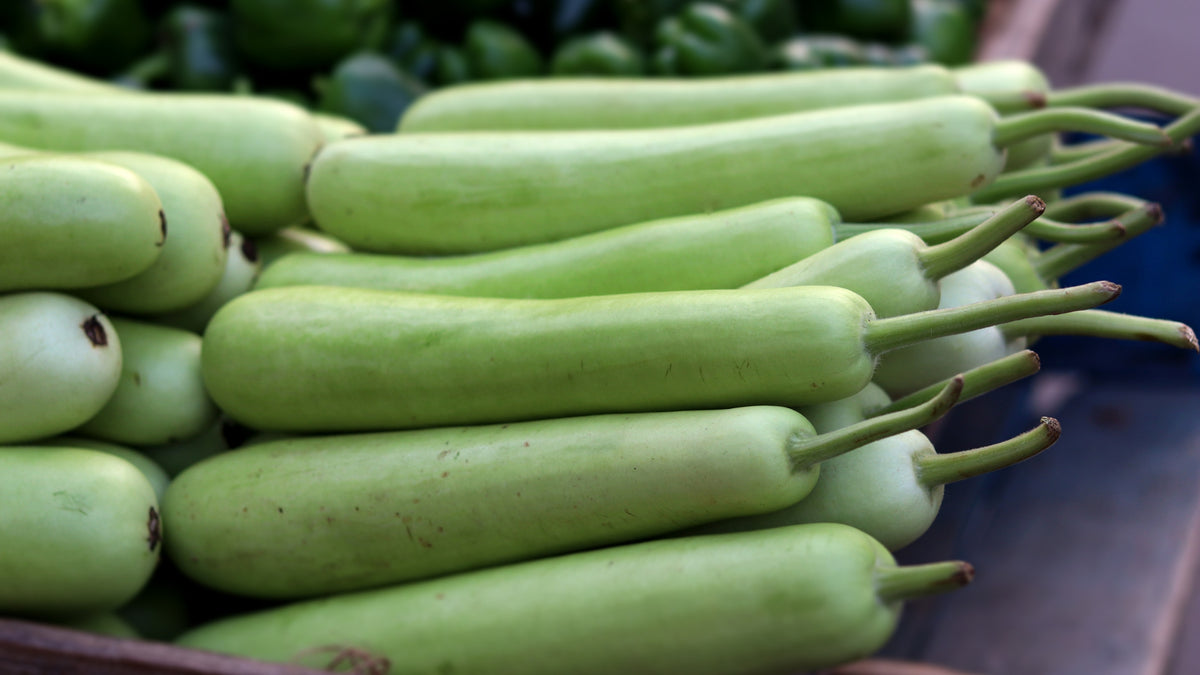
Ayurveda for Healthy Joints
Maintaining the health, functionality and flexibility of the joints takes some basic understanding of anatomy and physiology. This is so we can know how and why our body operates the way it does and when there are problems. Looking at the body with an Ayurvedic perspective can support the health of joints even further by incorporating important diet and lifestyle principles. Ayurveda looks at everything holistically. To have true, sustainable health, it's essential that we look at our body the same, especially if we want to have flexible and strong physicality, even into our later years.
Our Joints and the Doshas
Joints are like glue. They hold our bones together and support movement and flexibility within the frame of our skeletons. Bones support our entire physical system. The synovial joints are where the ends of a bone are connected by a joint cavity containing synovial fluid, allow freedom and fluidity in our movements.
Much of our movement is dictated by Vata and Kapha Dosha.
- All of our supportive tissues, bones, ligaments and tendons tissues are Kapha Dosha.
- The joint cavity where bones meet is an element ruled by Vata Dosha.
- The joint cavity provides a container for synovial fluid (a Kapha substance) that lubricates the ends of the bone surfaces and also accommodates a protective covering into which the ligaments and tendons enter.
- Ligaments transmit nerve impulses to the muscles signaling movement, a function of Vata Dosha.
According to Ayurveda, Vata Dosha in excess can create serious imbalance within the joints resulting in pain and discomfort. You may already experience that the most commonly affected joints are the ones that we use the most and take the most impact: knees, ankle, elbows, wrists, fingers, and toes.
When there is an imbalance, an Ayurvedic practitioner will determine whether the imbalance is occurring with or without ama (toxins). Fortunately, there is a simple test can be done with organic sesame oil.
- Massage organic sesame oil into the painful and inflamed joint. If the symptoms are aggravated, such as the pain worsening, after the oil is massaged in, then there is ama present. This condition is known as amavata or vata dosha disturbed by ama.
- If the pain and inflammation is alleviated by the oil massage or no change occurs, then the treatment should begin by taking away the causative factors and focusing on balancing Vata Dosha.

Vata Dosha has dry and cold qualities, which can quickly and easily deplete the lubricating qualities of Kapha Dosha in the body. Joints become dried out, rough and weak. Common symptoms of excess Vata in the joints are dryness, popping, cracking, muscle tics and spasms.
Common causative factors that exacerbate Vata Dosha are:
- Jogging
- Jumping
- Excessive exercise
- Injury
- Eating too much dry food like crackers and salads
- Living for long periods in cold, dry climates
- Irregular eating habits and lifestyle
Once you are 55 - 60 years or older, you are in the Vata season of life. During this time, Vata dosha increases naturally throughout the body, especially during the Vata season of autumn, when it's cold and windy. It's especially easy under these conditions for older people to experience even more aggravated symptoms. If not cared for properly, the body can decline quickly.
Ayurveda offers simple guidelines and potent herbal remedies to support healthy function of the joints. A few lifestyle therapies and herbal components for balancing excess Vata in the joints are:
- Maintaining a regular sleeping, waking and eating schedule. Try to do these three things at the same time each day.
- Abhyanga (self-oil massage) every evening. Choose organic sesame oil or Brahmi Oil.
- Massage Maha Narayana directly onto sore, stiff joints.
- Follow a vata pacifying diet, eating meals at the same time each day.
- Practice gentle Yoga with plenty of slow, circular movements to decrease vata and increase lubrication in the joints.
If you are experiencing symptoms from amavata, that means the toxins in the body are being carried by imbalanced Vata Dosha throughout the body. When the vitiated Vata Dosha interacts with Kapha Dosha in the joints, the synovial fluid loses its lubricating quality and becomes sticky toxins. This ama can block the vital channels that carry nutrients to the tissues. Without proper nutrients, your immune system could begin to attack the ama that's being stored in the joints, causing inflammation of the lining in the joint. Consequently, inflamed tissue can result in uncomfortable symptoms of heat, redness, pain, stiffness and swelling which can cause damage the joint and bone tissue over time.

The primary causes for the accumulation of ama is improper diet, excessive exercise, exhaustion due to overwork, stress and anxiety, and drinking alcohol. These symptoms are especially aggravated in cold, damp climates.
When amavata is accumulating, removing the factors that are causing it and eliminating toxins from the body simultaneously are the next steps of action. Here are several simple lifestyle tips to help reduce ama and restore balance:
- Eat warm moist easy-to-digest meals such as dahl and rice which is cleansing for the body.
- Avoid white sugar and alcohol completely.
- Avoid dairy, particularly ice cream and cheese, at least while you are in the cleansing process.
- Sip hot ginger tea in the mornings.
- Meditate daily to reduce stress.
Introduce these guidelines little-by-little into your life and watch your health change. Support your bones and joints with Ayurveda, and they will continue to support you for many years to come!
Ayurvedic Consultation
Kottakkal is committed to offering the highest quality Ayurvedic Healthcare. We offer two ways to have an Ayurvedic consultation. 1. Free 15-minute Consultation with our Ayurvedic practitioner, Julie Wardwell for when you need a product recommendation for a basic health problem. 2. In-depth Consultation with our Ayurvedic doctor, Vaidya Vishwanath Guddadar for when your condition is chronic with multiple symptoms.
Disclaimer: These statements have not been evaluated by the Food and Drug Administration. Kottakkal Ayurveda products and information are not intended for use in the diagnosis, treatment, cure, or prevention of any disease. If you have serious, acute, or chronic health problems, please consult a trained health professional. If you are seeking the advice of a trained Ayurvedic professional, call (800) 215-9934 or email us at contact@kottakkal.shop. We will provide you with information to consult with Ayurvedic professionals. Always check with your doctor before taking herbs when pregnant or nursing.
Also in Healing with Kottakkal Ayurveda

Food is Medicine - Organic Gongura Leaf
Gongura, often referred to as Indian sorrel, is a leafy green vegetable packed with an array of health benefits. This vibrant green is a treasure trove of essential vitamins, minerals, and antioxidants.

Food Is Medicine - Organic Bottle Gourd

Boosting Energy and Rejuvenation with Narasimha Rasayana
Narasimha Rasayanam is an herbal jam formulated with base ingredients of butter, honey, and milk. This time-tested remedy is believed to promote balance within the body's three doshas, vata, pitta, and kapha and supports a range of health concerns. From supporting physical strength and hair health to promoting rejuvenation and cognitive function, Narasimha Rasayanam offers a multifaceted approach to well-being.


Kottakkal Support